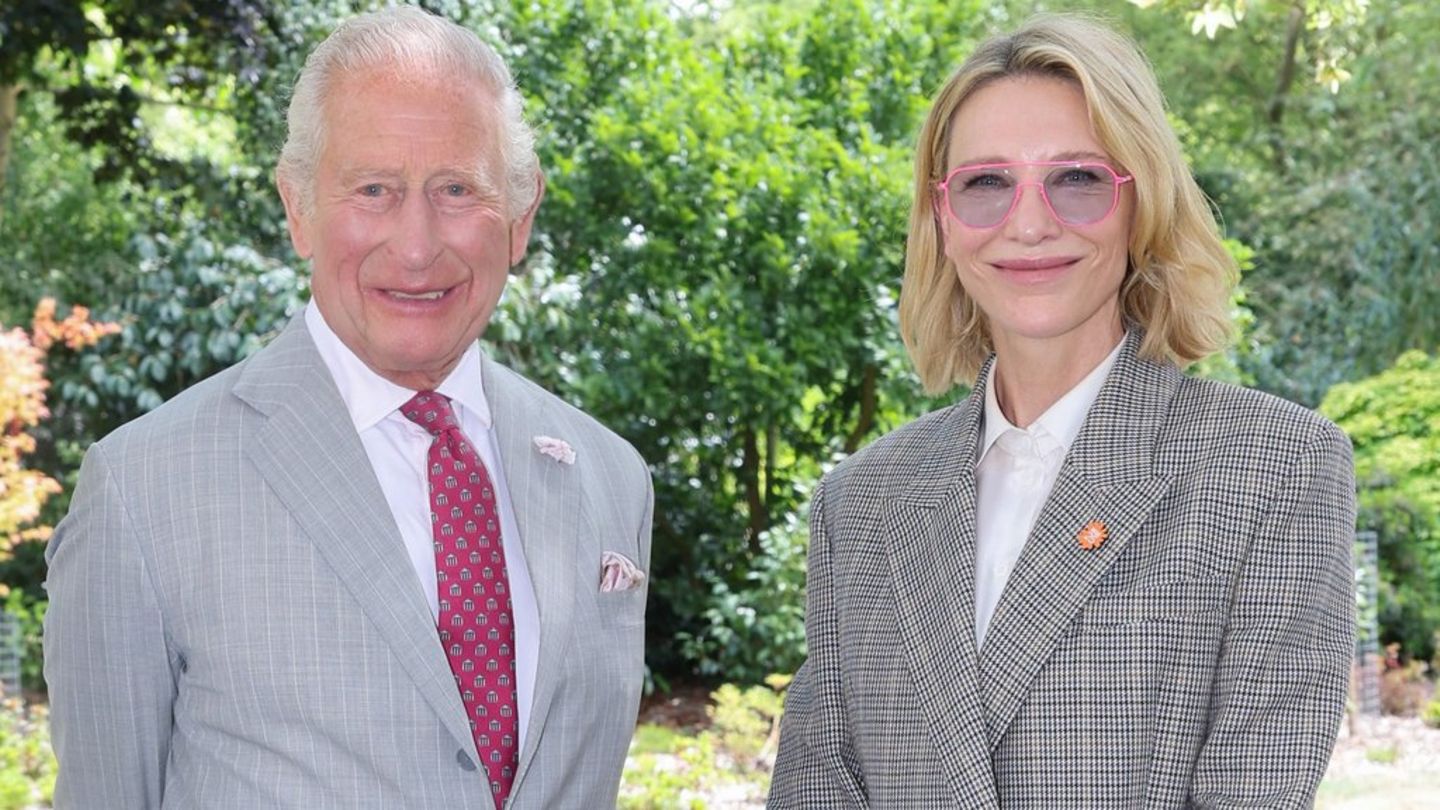The spokesman for the electoral authority announced this on state television early on Saturday morning. According to the report, the 69-year-old won a runoff election against the hardliner Said Jalili with 53.7 to 44.3 percent. Pezeshkian has promised to open up Iran and give the population more freedom. The election became necessary after the accidental death of the arch-conservative President Ebrahim Raisi.
“With the majority of votes cast on Friday, Pezeshkian has become the next president of Iran,” the Interior Ministry said. Videos on social media showed Pezeshkian’s supporters dancing in the streets in many cities across the country and drivers cheering his victory with honking. In the northwestern city of Urmia, the new president’s hometown, people handed out sweets on the street, witnesses reported.
- More on the subject: Elections in Iran: Little hope for opening
49.8 percent voter turnout
The elections in Iran ended at midnight after being extended three times for a total of six hours. According to the electoral authority, voter turnout was 49.8 percent, significantly higher than in the first round. Critics and experts had interpreted the historically low voter turnout in the first round of 40 percent as a vote of no confidence in the Islamic Republic. This reflects the great disappointment, especially among the younger generation, who have lost faith in major domestic political changes. The death of the young Kurdish woman Jina Mahsa Amini in autumn 2022 sparked nationwide protests against the Islamic system of rule.
The 69-year-old Pezeshkian has been a rather unremarkable politician so far. During the election campaign, he campaigned for new trust between the government and the people, who are immensely disappointed with politics after failed attempts at reform, political repression and an economic crisis. Like many politicians from the reform camp, he called for an improvement in relations with the West, also in order to open up the country and stimulate the ailing economy.
During Mohammed Khatami’s second presidency (2001-2005), Pezeshkian already gained government experience as Minister of Health. Despite his moderate words, he is considered a man of the system, backed the powerful Revolutionary Guards and praised the drone and missile attacks on Israel. In the TV debates, he described himself as a conservative politician who, however, believes reforms are necessary. His opponent Jalili was considered an iron advocate of the Islamic Revolution. He was chief negotiator in the nuclear talks and an employee of the arch-conservative President Mahmoud Ahmadinejad.
Since the revolution of 1979, Iran’s political system has combined republican and theocratic elements. However, there are no free elections: the Guardian Council always checks candidates for their ideological suitability. Fundamental criticism of the system is not tolerated.
My themes
For your bookmarked topics
new articles found.
info By clicking on the icon you add the keyword to your topics.
info
By clicking on the icon you open your “my topics” page. You have of 15 keywords saved and would have to remove keywords.
info By clicking on the icon you remove the keyword from your topics.
Add the topic to your topics.
Source: Nachrichten




